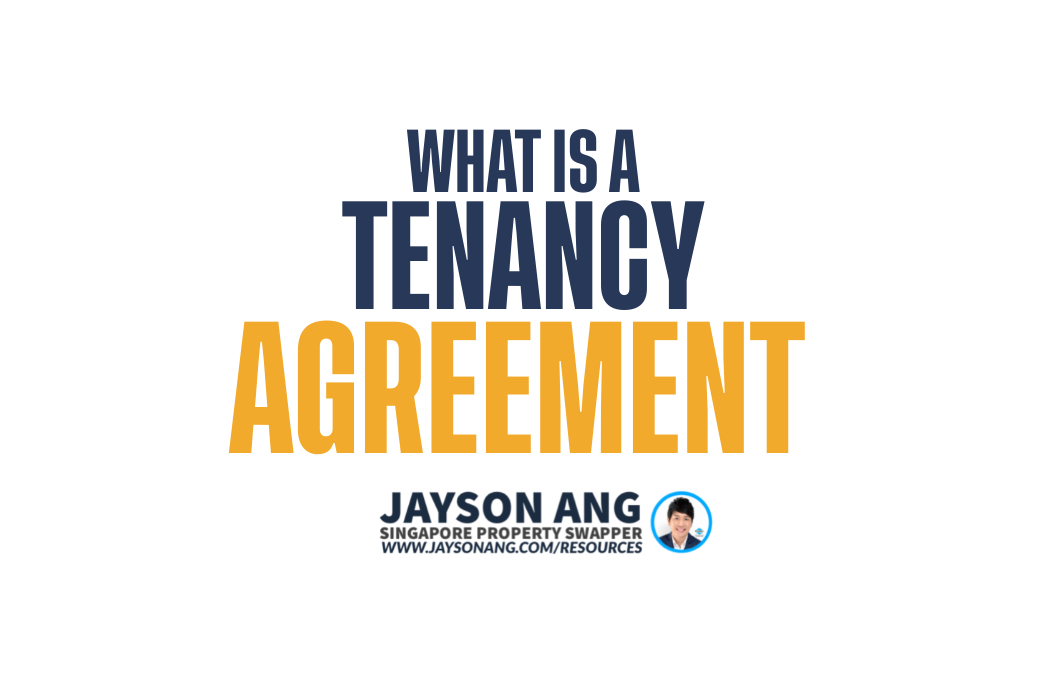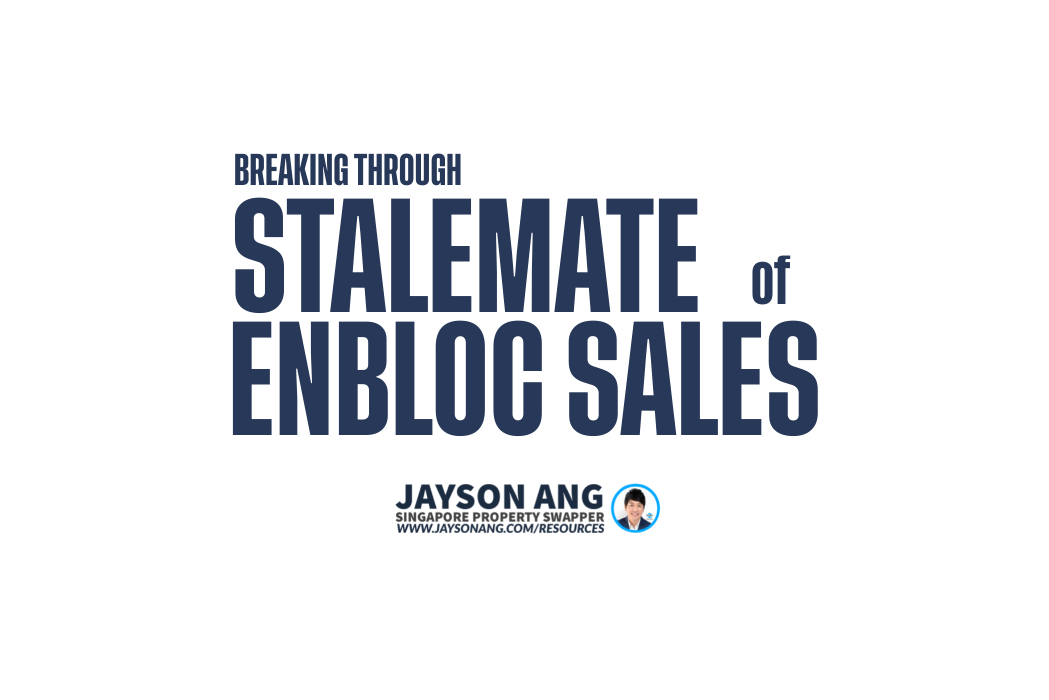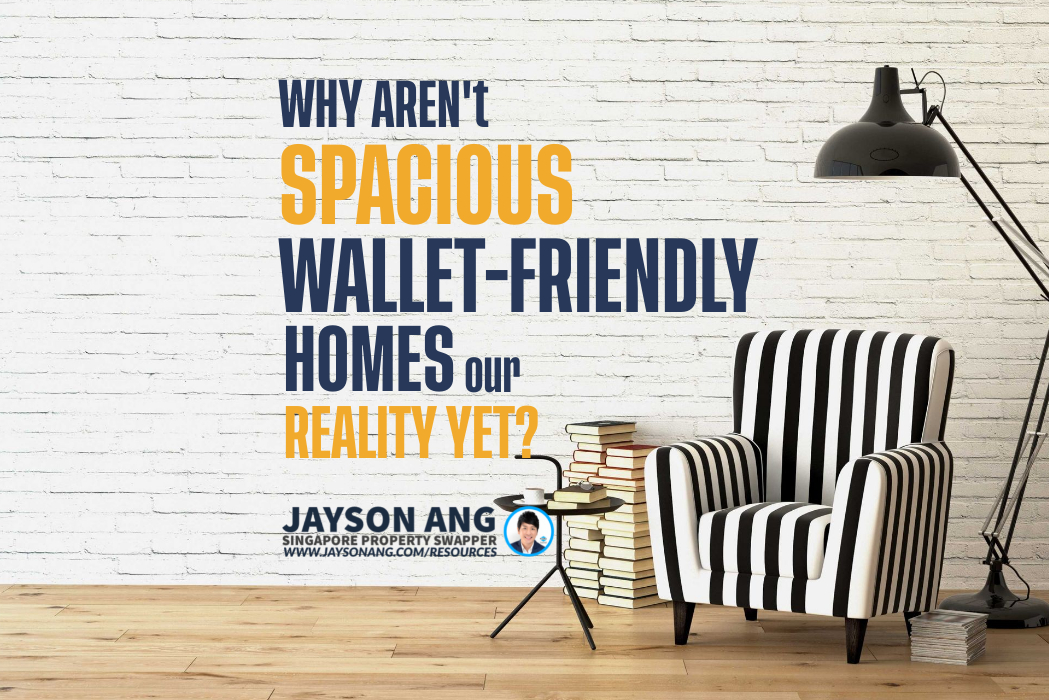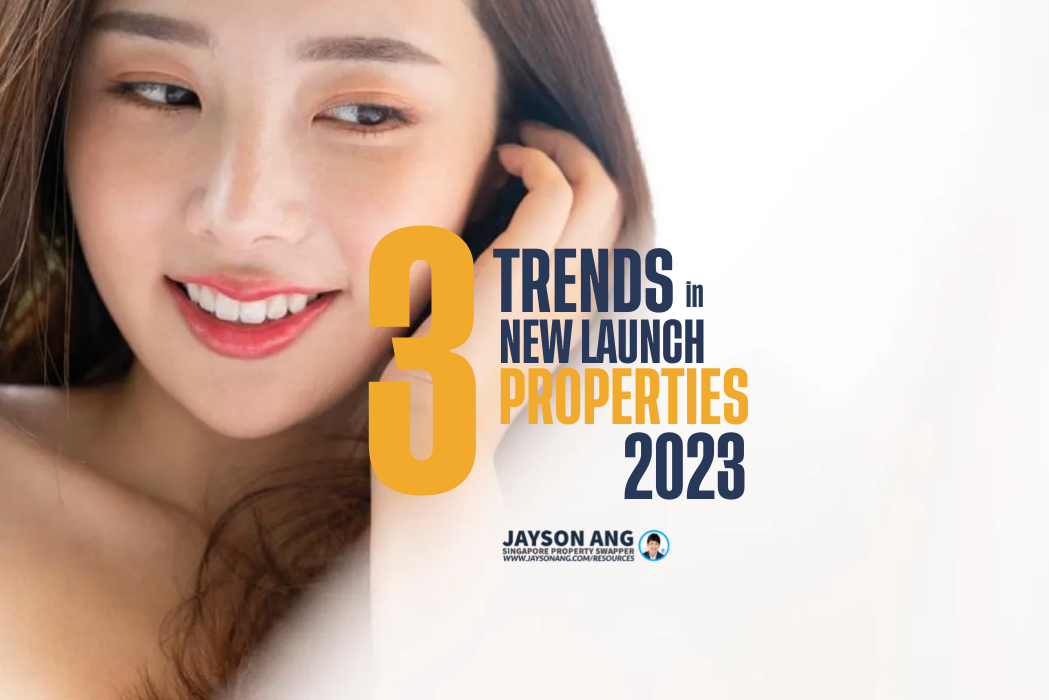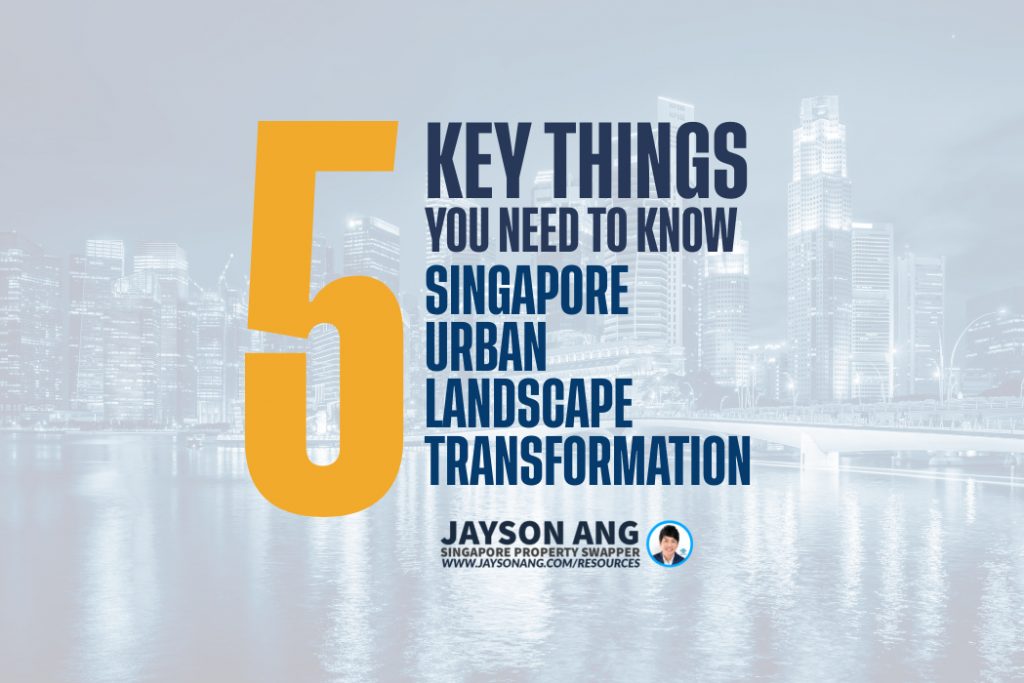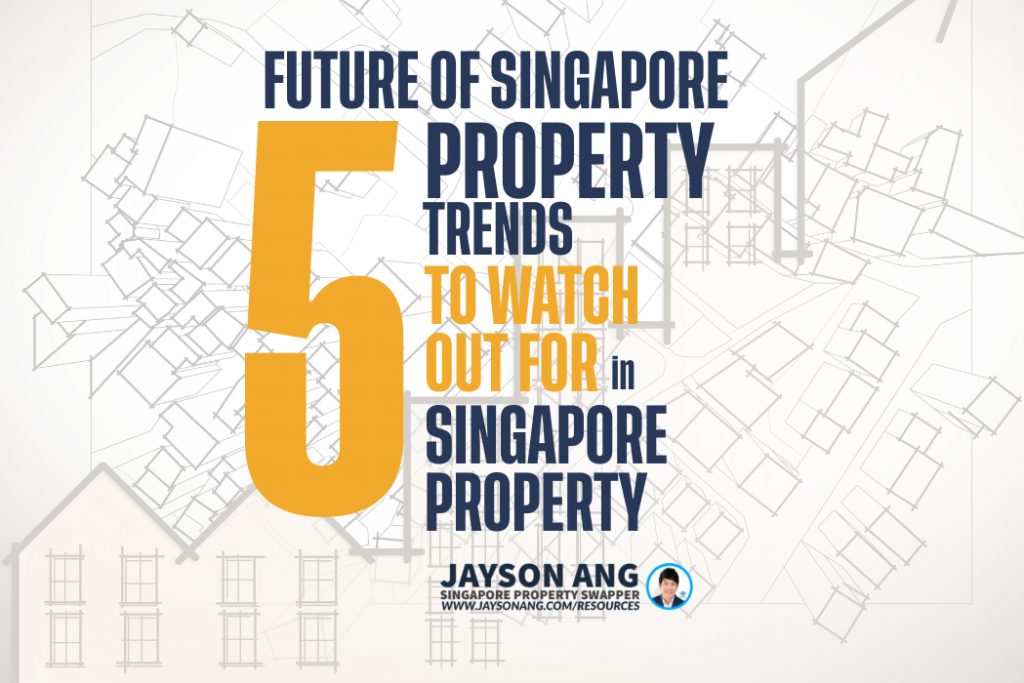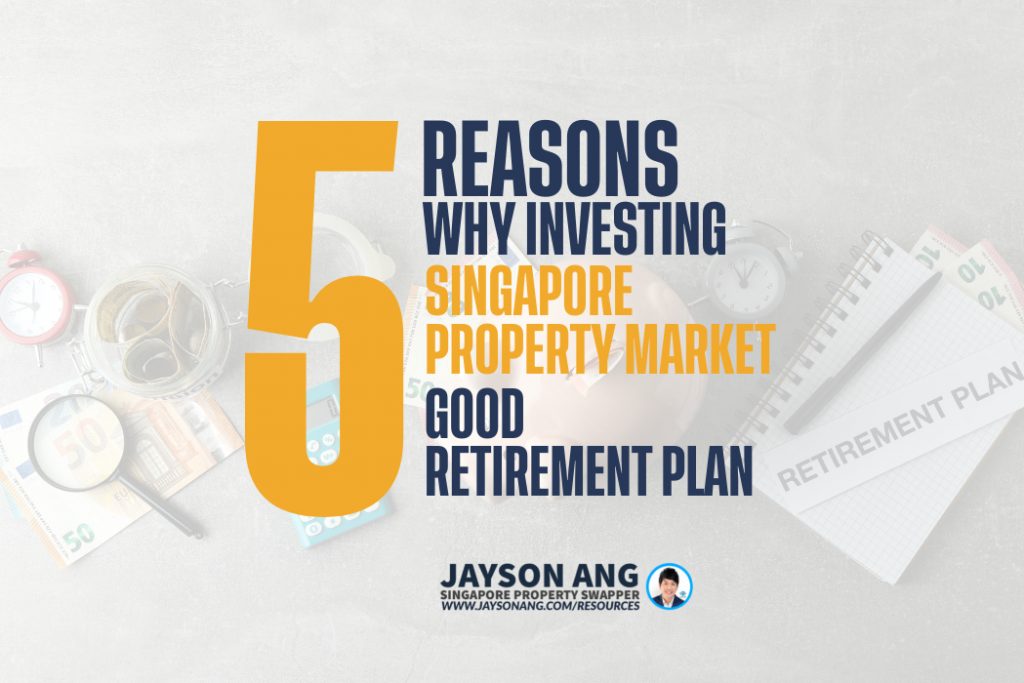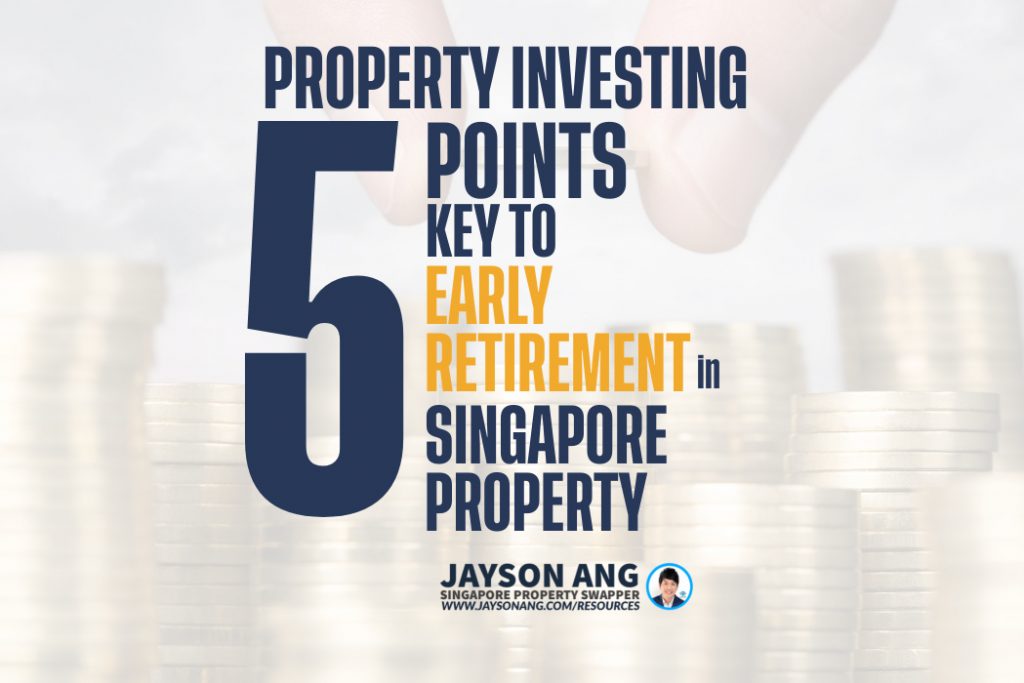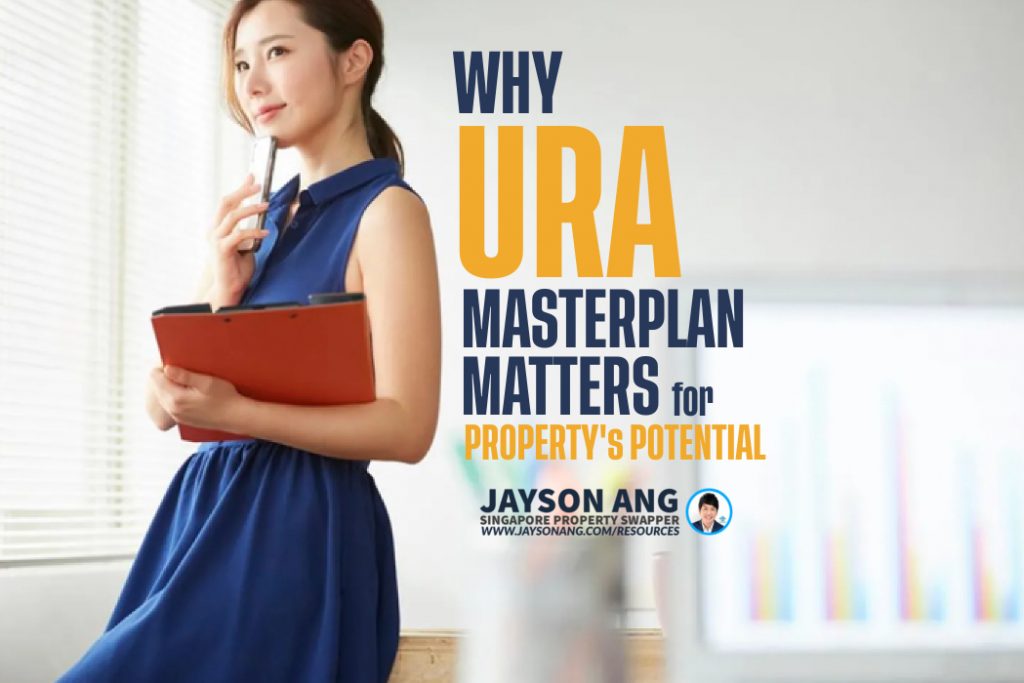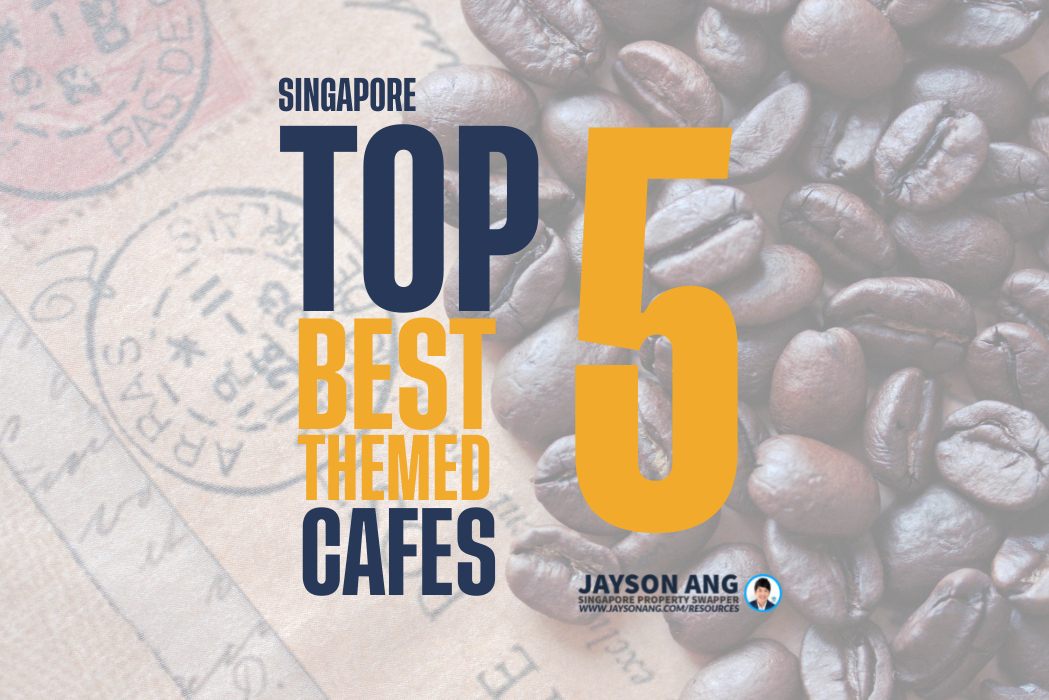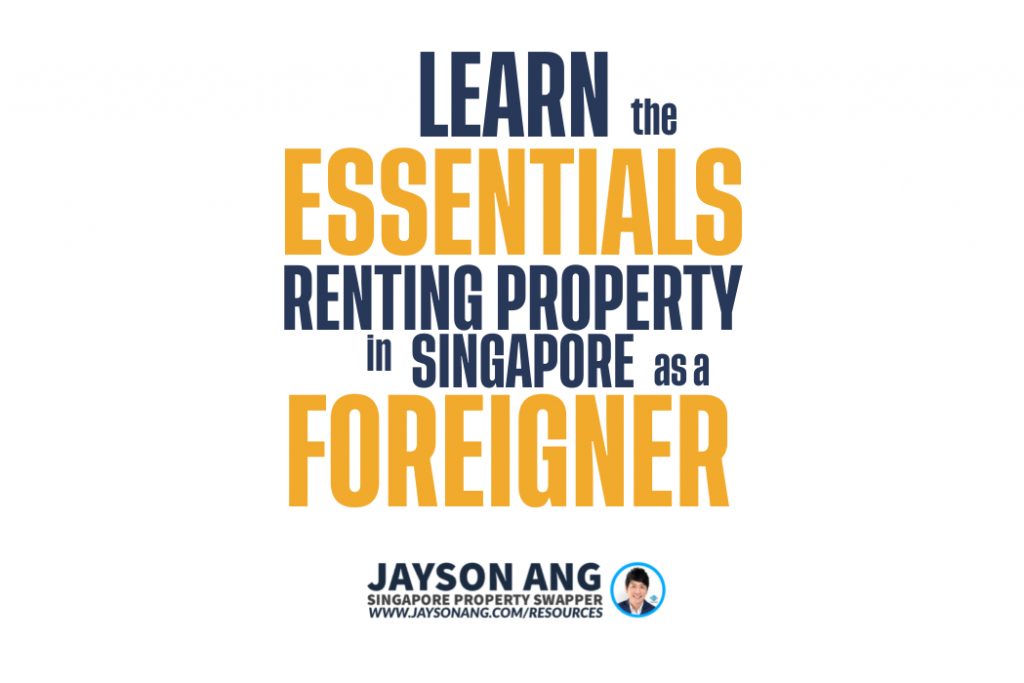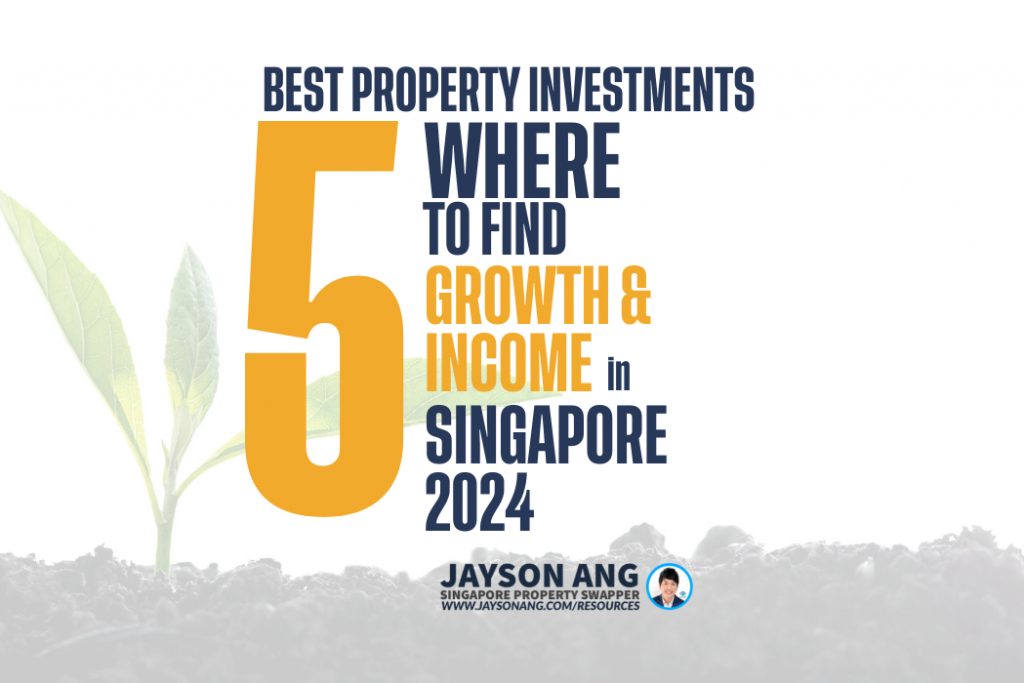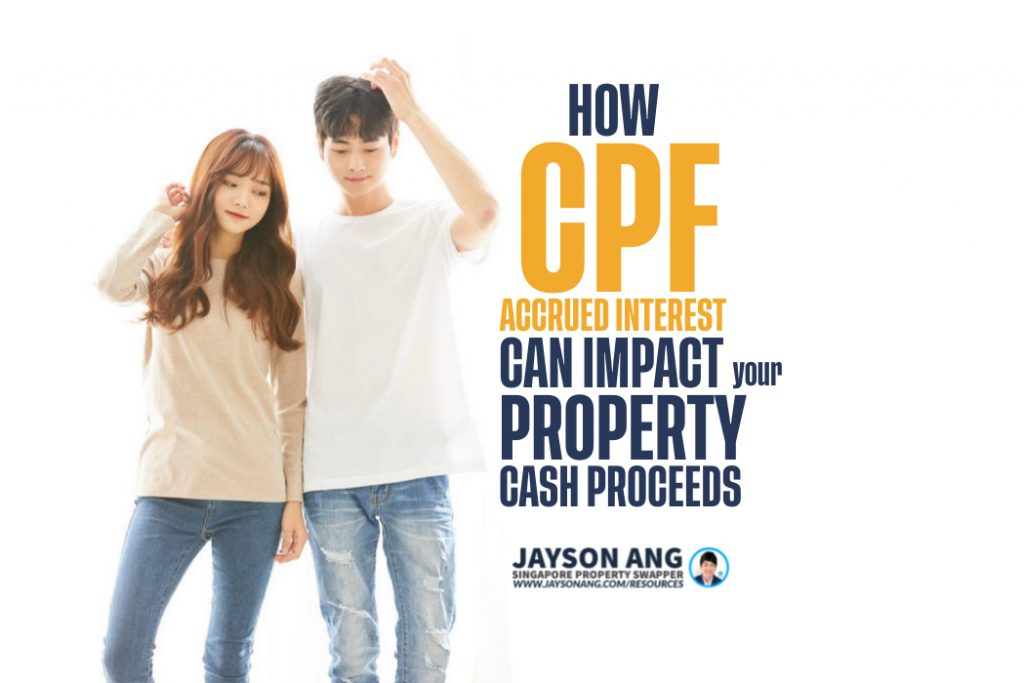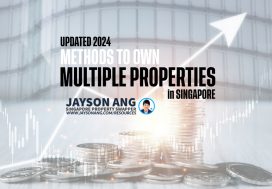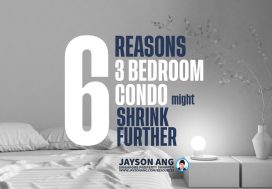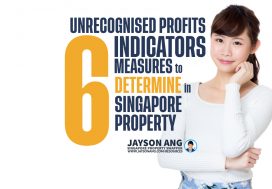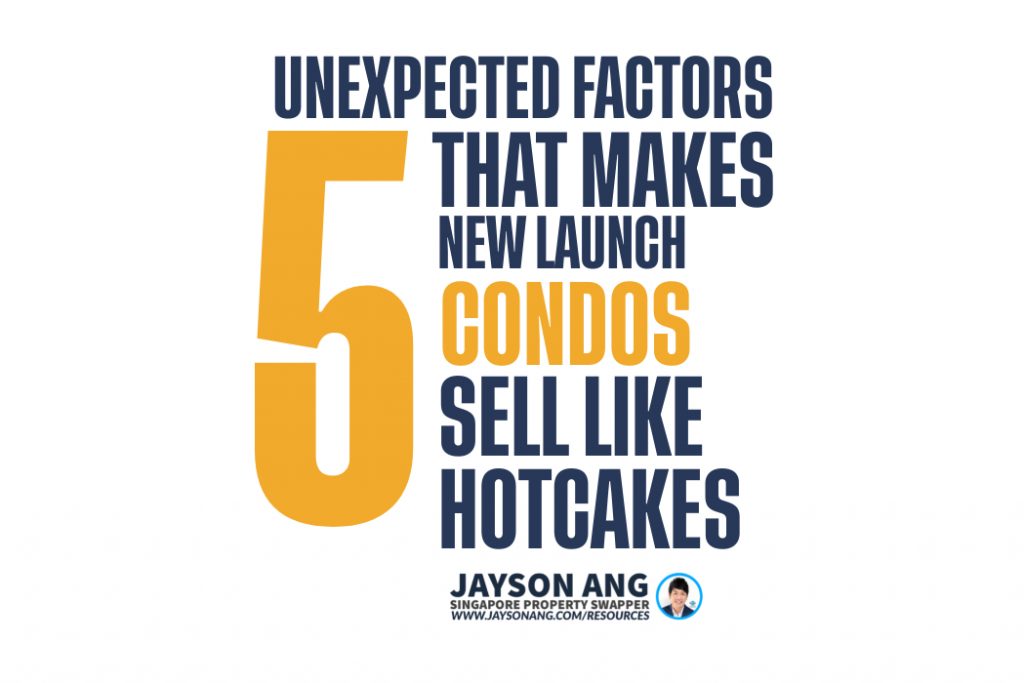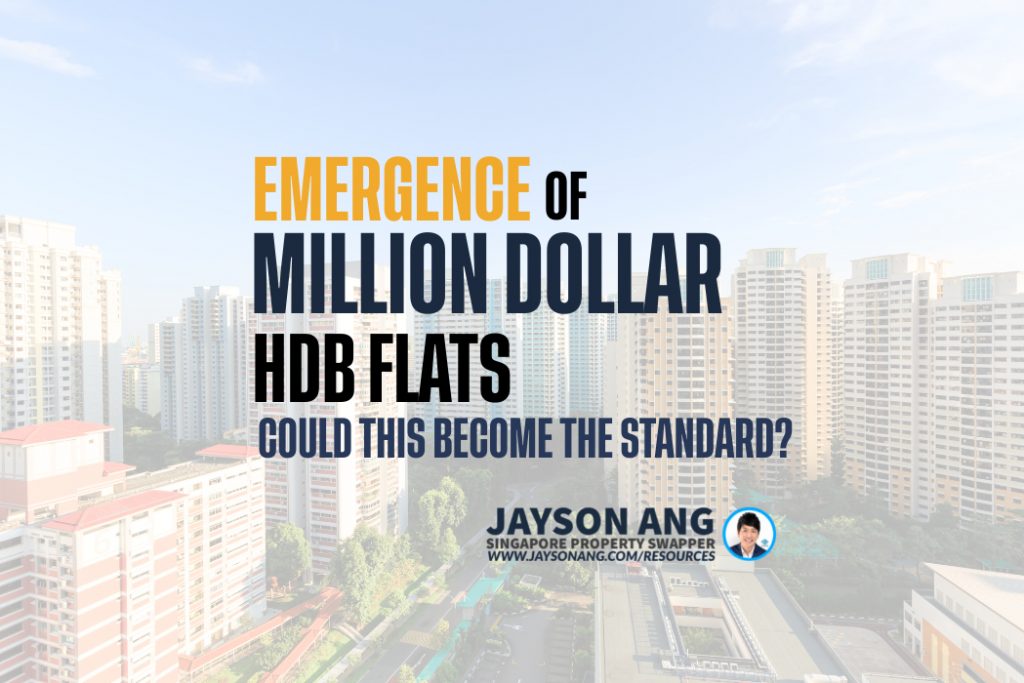TLDR
When it comes to understanding property jargon, it’s crucial to familiarize yourself with the specifics of a Tenancy Agreement (TA) in Singapore. This legal document outlines the rights and obligations of both landlords and tenants, covering aspects such as rental payments, property maintenance, and clauses like the “Exclusive Possession” and “Fair Wear and Tear.” Prospective tenants should pay close attention to the details in the TA and be aware of clauses that may allow them to break the lease, such as the diplomatic clause. For landlords looking to add clauses, seeking advice from a property agent or lawyer is recommended to avoid misunderstandings. Understanding the nuances of a TA is essential, as not all agreements are the same, ensuring a smooth rental experience for both parties.
Every once in a while, I like to take some of the confusion out of property jargon and demystify it for all.
Today, let’s focus on the Tenancy Agreement (TA) – the legal document that establishes the agreement between a landlord and tenant, detailing all their rights and obligations, as well as any potential repercussions for not following the agreement.
In Singapore, the Tenancy Agreement is not as standardized as in some other countries, giving rise to an array of peculiar terms.
For instance, some Tenancy Agreements forbid the consumption or cooking of certain foods, while others may even prohibit activities like running a business or mining Bitcoin from home.
Nevertheless, the Council of Estate Agencies (CEA) has provided a template document, although its use is not mandatory. This may change in the near future; for now, it is possible to create another Tenancy Agreement with unusual terms.
Prospective tenants should never jump to conclusions about the TA, but should instead pay close attention to the details!
The TA serves as an agreement between the landlord and tenant, outlining the details of the lease for the property.
What is in the TA?
A tenancy agreement will usually include the following:
The details of the tenants and landlords.
Tenant’s covenants: The tenant pledges to abide by their commitments: such as, but not limited to, regularly paying rent, maintaining the unit in a clean state, and refraining from subletting the premises illegally.
Landlord’s covenants: The landlord pledges to respect their tenants’ privacy by not entering the unit without permission, keep the unit in a sound structural condition, and return the security deposit when the lease expires, among other promises.
In Singapore, the tenant is typically responsible for covering the costs of utilities like electricity, water, and Wi-Fi.
Tenants typically assume responsibility for repairs up to a certain limit (generally S$150 – S$300) – after that, landlords take over and cover the rest.
Please provide the specifics on when and how the rent needs to be settled.
A tenant may be able to break the lease due to certain clauses, such as the diplomatic clause, or any other situation that permits them to do so.
It pays to be mindful that not all TAs are alike; thus, you may find differences. No matter if you have experience renting a home in the past, don’t assume that everything is the same – it’s best to always be prepared!
If you’re a landlord wishing to add an extra clause to your Tenancy Agreement, you may want to seek advice from a property agent or lawyer. Don’t forget to make the clause clear to potential tenants to avoid potential misunderstandings in the future!
Here are some of the clauses to watch out for:
The “Exclusive Possession” Clause
“The ‘quiet enjoyment’ clause is an essential component of the Tenancy Agreement – it guarantees that the tenant will be able to use the premises without any disturbance from the Landlord!”
Tenants have the right to deny entry to the premises, as if it were their own – even to the landlord! Consequently, should the landlord wish to enter the residence to make renovations or showings, they must seek permission from the tenant.
The “Fair Wear and Tear” Clause
Tenants have a responsibility to keep the house and its contents in great shape – unless the damage is caused by normal wear and tear, in which case they are not responsible.
Furthermore, the landlord cannot keep a portion of the security deposit to cover any of these damages – for instance, if the kitchen sink pipe breaks because it is two decades old, it’s not on the tenant to fix the issue.
But, if the tenant attempts a DIY repair and something goes wrong, then the responsibility to repair the damage lies with them.
The meaning of fair wear and tear is open to interpretation, however, it is expected that common sense is used.
To illustrate, the landlord can’t ask the tenant to redecorate the entire condo simply because a few patches of paint have peeled.
The Diplomatic Clause
The diplomatic clause is a lifesaver for those from overseas who have to unexpectedly end their rental agreement in Singapore – for reasons such as a job relocation, dropping out of university, or any other reasons.
With this clause, all that’s required is a two month notice period prior to departure and, usually, the clause is only valid after a tenant has been living in the property for twelve months or more.
The “Right of Re-entry” Clause
If a tenant breaches any of the conditions of the lease agreement, the landlord has the right to end the tenancy. The most common cause is failure to pay rent on time; the Tenancy Agreement should clearly set out the terms, including what happens if rent is not paid within 21 days of the due date.
Landlords have the right to end the lease if the tenant breaches any of the conditions.
Be on the alert for tenancy agreements with abnormal or omitted clauses. For instance, if the TA states that the landlord can retake the property if you fail to pay rent (with no time frame specified), you could be evicted even if you are a single day late with the rent!
Should You Buy, Sell or Wait?
If you’re reading this, you must be trying to figure out the best course of action right now: is it the right time to buy or sell?
It’s difficult to give an exact answer since everyone’s situation is unique and what works for one person may not necessarily work for you.
I can bring you a wealth of on-the-ground experience and a data-driven approach to provide clarity and direction. From beginners to experienced investors, our top-down, objective approach will help you on your real estate journey.
I can help you by:
- Offering Strategic Real Estate Advice – I can help create a comprehensive plan to guide you through your property journey.
- Connecting Your Home with the Perfect Buyers – Through stunning visuals, an effective communication strategy, and an in-depth knowledge of the market, we’ll ensure your home is presented in the best possible way to fulfill your goals.
You May Also Like …

